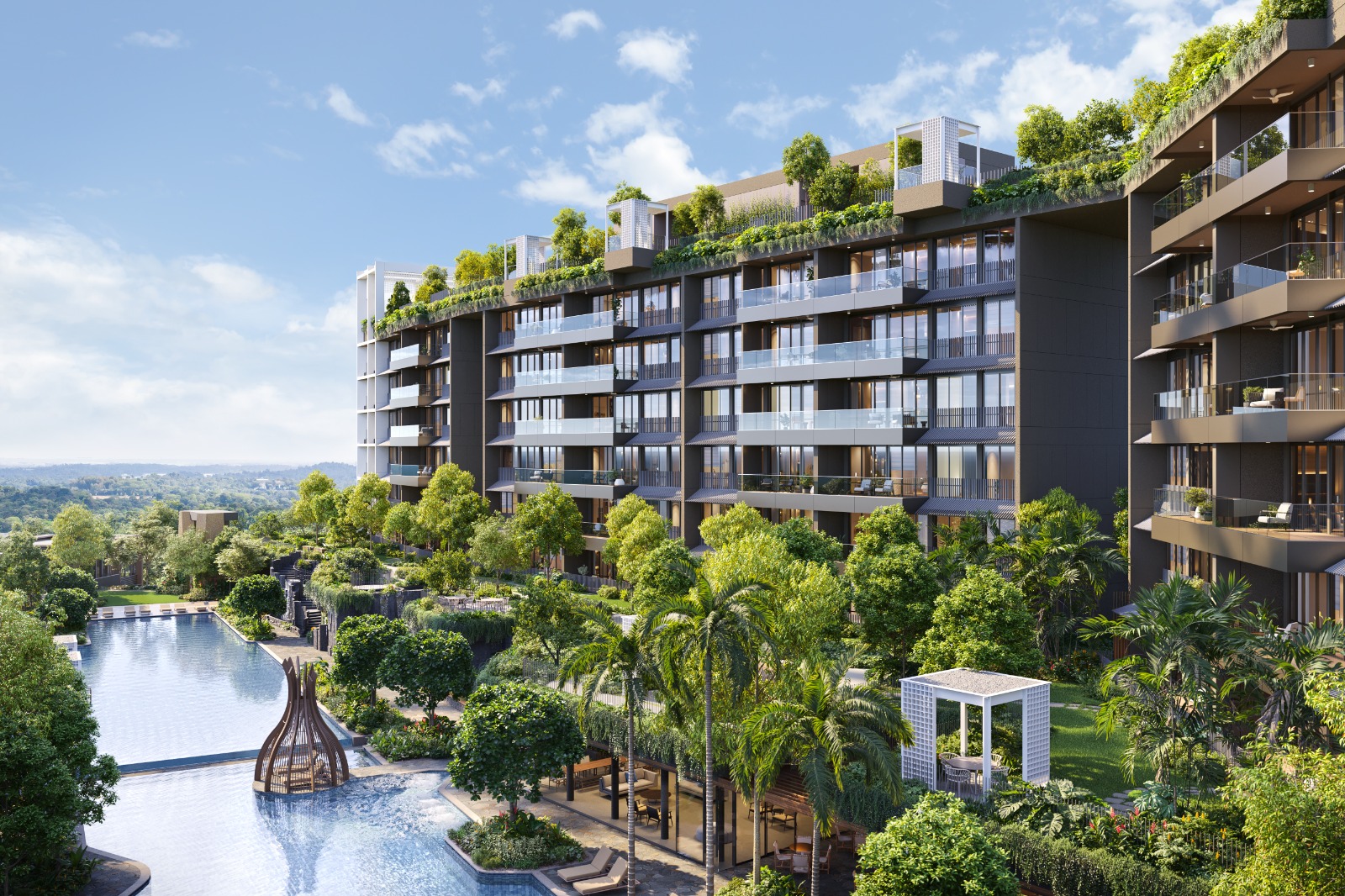Reserve residences are a great option for students who want to live on campus at UCR. They offer a unique residential experience for undergraduates in the heart of campus, surrounded by student support services and resources that help you succeed.
Residents are expected to contribute their time and energy to the community by participating in activities, attending meetings, events, and volunteering as an RA or Resident Assistant. They also have the opportunity to develop relationships with peers and staff members who will support them throughout their time at CWRU.
The premise behind reserve housing is to provide quality, safe, and supportive living spaces for First Nations students and their families. The goal is to allow students to focus on their studies and academic success, while providing a place for them to thrive in their community.
There are a number of challenges that First Nations people face in living on reserves. These challenges include economic, social, cultural, and political difficulties.
These obstacles have resulted from a long history of colonization and disenfranchisement, as well as discriminatory legislation and federal programs such as the residential schools and the “Sixties Scoop.” In addition to the lack of support from the federal government, these challenges are often compounded by the fact that many reservations lack adequate housing and infrastructure.
For these reasons, a growing majority of First Nations people across Canada choose to live off-reserve. Those who do live on reserve generally have lower levels of education and employment, higher rates of poverty, and higher unemployment than their off-reserve counterparts.
Despite the fact that many of these issues are difficult to resolve, Aboriginal leaders and activists continue to argue that reserve communities can still thrive and preserve their Aboriginal ways of life while also benefiting from a stronger economy. They suggest that the best solution to these problems is a mix of federal and provincial funding, a stronger commitment to education on reserve, and more effective land management.
Some people also argue that reserve residents should be able to purchase fee simple lands in order to be self-sufficient and avoid the burden of rent payments. This is a controversial issue, however, as it is based on Western conceptions of property ownership and would require First Nations to abandon their traditional way of life.
While some residents of a reserve have the right to buy fee simple lands, this is not true in all cases. It depends on the specific laws in each province and territory.
It is possible to lease and sell land on reserves in some jurisdictions, but it is not easy to do so. In fact, many people on reserves cannot afford the purchase price of a land parcel that is not already part of their reserve.
The cost of a lease or sale is much higher than the actual cost of acquiring a land parcel, and this could impact the budgets of local governments. Therefore, it is critical that the government ensure that reserves are not converted into fee simple lands without compensation for their peoples.
